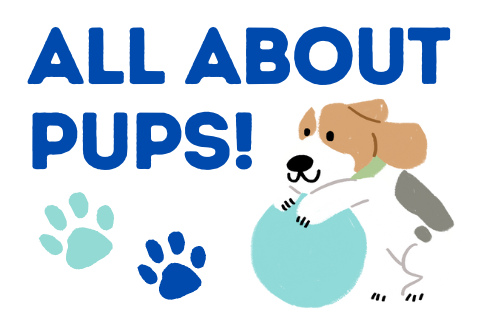Where do puppies get parvo?
Parvo is a highly contagious virus that affects puppies and dogs. The virus is found in the feces and saliva of infected animals and can be spread through contact with contaminated surfaces, water or food, or from other animals. Parvo typically affects young puppies between 6 weeks and 6 months old, but any dog can get it. Symptoms include vomiting, diarrhea, loss of appetite, fever and weight loss. Parvo can be deadly if not treated, but there is a vaccine available to help protect your puppy from this serious virus.
It’s important to get your puppy vaccinated against parvo and to keep him up-to-date on all of his vaccinations. Additionally, it’s important to practice good hygiene when handling other animals or their waste products in order to decrease the chances of transmitting the virus from one animal to another. If you notice any signs of Parvo in your puppy, be sure to contact your veterinarian for help immediately. Treatment for parvo can include supportive care such as fluids, antibiotics, and antiemetics.
With prompt treatment, many puppies can recover fully from this devastating virus. In conclusion, Parvo is a serious virus that requires immediate medical attention if detected in your pup. Vaccinating your pet is the best way to prevent Parvo and to protect him from this life-threatening disease. By practicing good hygiene and getting your puppy vaccinated, you can help keep your pet safe and healthy. But if you do suspect that your puppy has Parvo, it’s important to seek medical attention right away.
